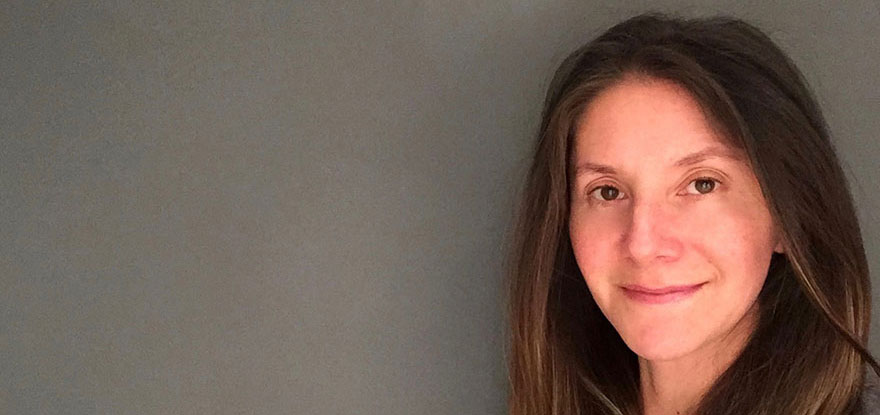News and Updates
Contact
Faculty of Social Science
Social Science Centre
Room 9438
Western University
T. 519-661-2053
F. 519-661-3868
E. social-science@uwo.ca
Janice Forsyth named Director of the First Nations Studies program
July 24, 2017
Janice Forsyth has joined the Faculty of Social Science as the new Director of the First Nations Studies program.
Forsyth comes from a position in the Faculty of Health Science, which she joined in January 2010, as Director of the International Centre for Olympic Studies.
Forsyth researches the history of Indigenous physical culture, and how it can be used to understand the history of Indigenous-settler relations in Canada.
Her current research is a SSHRC-funded project on physical culture in the Indian Residential School system.
“Residential schools may have provided physical activity for purpose of teaching health but students may have approached it as a means of fostering cultural identity and survival,” said Forsyth.
This is reflective of the different values Indigenous people place on sport and recreation, said Forsyth and improving the understanding of why Indigenous people participate, or do not participate, in sport can increase their involvement by showing where the barriers are in the dominant sport system because that system was not set up with their values, interests, or needs in mind.
Sports and recreation can tie into bigger issues facing Indigenous people, said Forsyth, including access to clean water, and fresh, healthy food, facilities to enable recreation, educational attainment, road access, as well as recognizing who they are as distinct people.
This makes sports and recreation an important facet of Indigenous lives, said Forsyth, who also is a member of the Fisher River Cree First Nation. “For Indigenous people, sport has always been tied to who we are as people. It’s tied to land and to identity and to culture.”
The First Nations Studies program is designed to provide a holistic understanding of topics relevant to Indigenous peoples’ realities by immersing students in an educational culture that fosters critical thinking and problem solving.
“Professor Forsyth’s move to Social Science is an excellent development for both the First Nations program and the Faculty of Social Science generally,” said Robert Andersen, Dean of the Faculty of Social Science. “Her leadership will be integral to helping us grow the program, with the ultimate goal of developing it into a full department. We’re thrilled that Janice has joined us.”
“I’m really excited about what the program can be,” said Forsyth, “I like the idea of being involved in something from the ground up, and I’m excited to work with a strong group of people to do this, and a lot of graduates who can provide support, and who can help shape the future. It’s a good stable base on which to build the program.”
When Forsyth came to Western as an undergraduate student in the early 1990s, very few Indigenous students self-identified as Indigenous, and she felt that she was going through a university system that did not reflect her experiences. She found that Indigenous Services was able to provide a space for her to speak with others who could understand what she was going through.
Since then, Forsyth has seen some changes on campus, primarily around how people understand Indigenous issues.
“When I speak about Indigenous issues on campus, in the classroom for instance – there might be few Indigenous students in the audience, but there is more willingness to listen and acknowledge and work from Indigenous ways of knowing, and more awareness of how those perspectives are critical if we want to address the issues that are important to Indigenous people and to many Canadians,” said Forsyth. “Now, I don’t have to fight to be heard, students are more willing to learn.”
But, Forsyth said, “there is still a long way to go, but Western is ready to move forward with more fundamental changes on campus, and the changes being made to the First Nations Studies program is one indication of that readiness.”

